Test Bank For Basic Nursing Thinking Doing And Caring 2nd Edition By Treas
Test Bank For Basic Nursing Thinking Doing And Caring 2nd Edition By Treas
Basic Nursing Thinking Doing And Caring 2nd Edition Test Bank
Test Bank For Basic Nursing Thinking Doing And Caring 2nd Edition
Basic Nursing Thinking Doing And Caring 2nd Edition
Basic Nursing Thinking Doing And Caring
Chapter 1. Nursing Past & Present
Multiple Choice
Identify the choice that best completes the statement or answers the question.
1. What is the most influential factor that has shaped the nursing profession?
1) Physicians need for handmaidens
2) Societal need for healthcare outside the home
3) Military demand for nurses in the field
4) Germ theory influence on sanitation
ANS: 3
Throughout the centuries, stability of the government has been related to the success of
the military to protect or extend its domain. As the survival and well-being of soldiers is
critical, nurses provided healthcare to the sick and injured at the battle site. The
physicians handmaiden was/is a nursing stereotype rather than an influence on nursing.
Although there has been need for healthcare outside the home throughout history, this has
more influence on the development of hospitals than on nursing; this need provided one
more setting for nursing work. Germ theory and sanitation helped to improve healthcare
but did not shape nursing.
PTS: 1 DIF: Moderate REF: dm 910 KEY: Nursing process: N/A Client need: N/A |
2. Which of the following is an example of an illness prevention activity? Select all
that apply.
1) Encouraging the use of a food diary
2) Joining a cancer support group
3) Administering immunization for HPV
4) Teaching a diabetic patient about his diet
ANS: 3
Administering immunization for HPV is an example of illness prevention. Although
cancer is a disease, it is assumed that a person joining a support group would already
have the disease; therefore, this is not disease prevention but treatment. Illness-prevention
activities focus on avoiding a specific disease. A food diary is a health-promotion
activity. Teaching a diabetic patient about diet is a treatment for diabetes; the patient
already has diabetes, so it cannot prevent diabetes.
PTS: 1 DIF: Moderate REF: p. 18; high-level question, not directly stated in text KEY:
Nursing process: N/A | Client need: HPM | Cognitive level: Application
3. Which of the following contributions of Florence Nightingale had an immediate
impact on improving patients health?
1) Providing a clean environment
2) Improving nursing education
3) Changing the delivery of care in hospitals
4) Establishing nursing as a distinct profession
ANS: 1
Improved sanitation (a clean environment) greatly and immediately reduced the rate of
infection and mortality in hospitals. The other responses are all activities of Florence
Nightingale that improved healthcare or nursing, but the impact is long range, not
immediate.
PTS: 1 DIF: Easy REF: V1, p. 3; student must infer from content | V1, p. 10; student
must infer from content
KEY: Nursing process: N/A | Client need: SECE | Cognitive level: Application
4. All of the following are aspects of the full-spectrum nursing role. Which one is
essential for the nurse to do in order to successfully carry out all the others?
1) Thinking and reasoning about the clients care
2) Providing hands-on client care
3) Carrying out physician orders
4) Delegating to assistive personnel
ANS: 1
A substantial portion of the nursing role involves using clinical judgment, critical
thinking, and problem solving, which directly affect the care the client will actually
receive. Providing hands-on care is important; however, clinical judgment, critical
thinking, and problem solving are essential to do it successfully. Carrying out physician
orders is a small part of a nurses role; it, too, requires nursing assessment, planning,
intervention, and evaluation. Many simple nursing tasks are being delegated to nursing
assistive personnel; delegation requires careful analysis of patient status and the
appropriateness of support personnel to deliver care. Another way to analyze this
question is that none of the options of providing hands-on care, carrying out physician
orders, and delegating to assistive personnel is required for the nurse to think and reason
about a clients care; so the answer must be 1.
PTS:1DIFifficultREF: p. 11
KEY: Nursing process: N/A | Client need: N/A | Cognitive level: Analysis
5. Which statement pertaining to Benners practice model for clinical competence is
true?
1) Progression through the stages is constant, with most nurses reaching the proficient stage.
2) Progression through the stages involves continual development of thinking and technical
skills.
3) The nurse must have experience in many areas before being considered an expert.
4) The nurses progress through the stages is determined by years of experience and skills.
ANS: 2
Movement through the stages is not constant. Benners model is based on integration of
knowledge, technical skill, and intuition in the development of clinical wisdom. The
model does not mention experience in many areas. The model does not mention years of
experience.
PTS:1DIF:ModerateREF:p. 15
KEY: Nursing process: N/A | Client need: N/A | Cognitive level: Recall


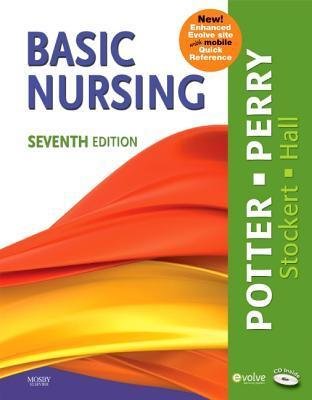

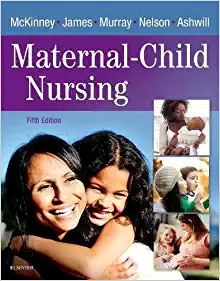
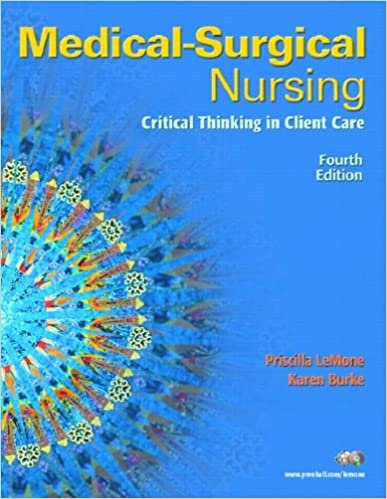
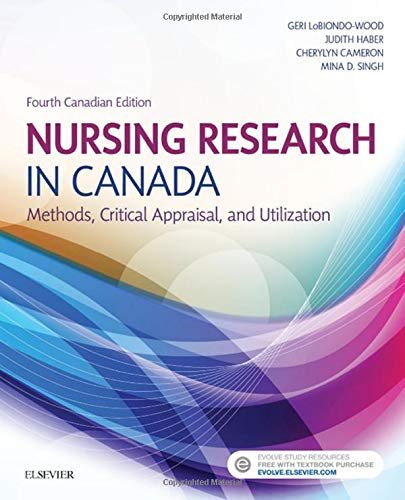
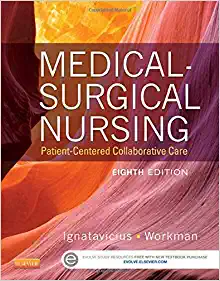
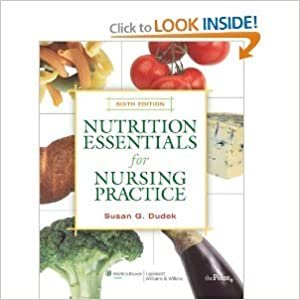
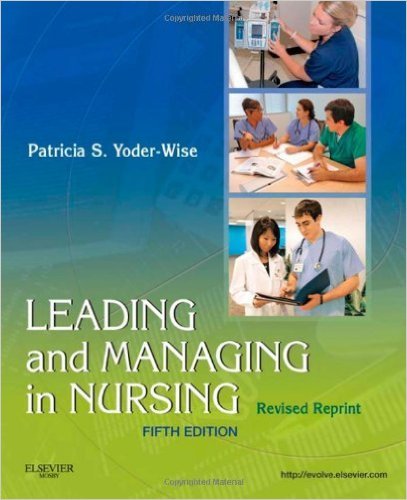

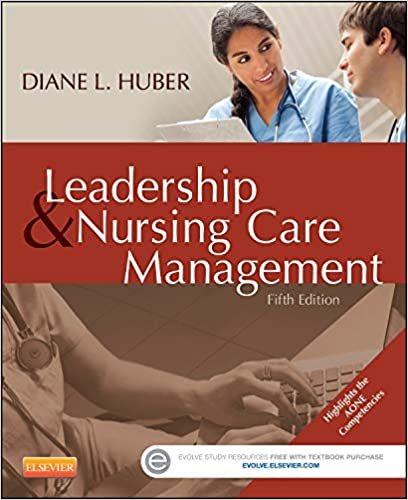
Reviews
There are no reviews yet.